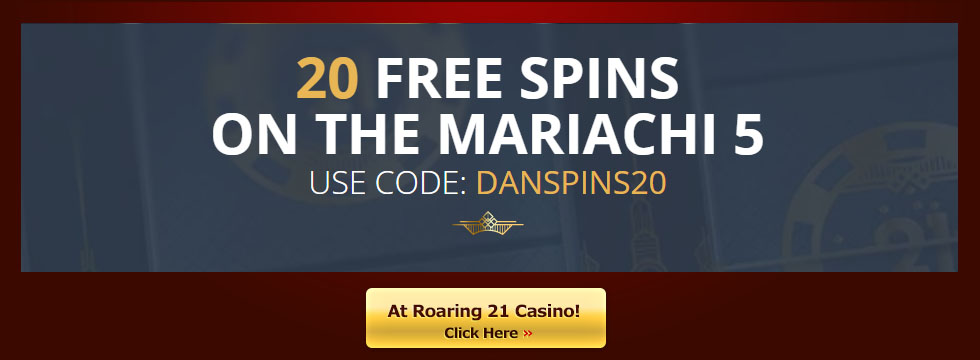Progressive Jackpot Video Poker is a variant of the traditional video poker games that are often found in live casinos, and are a mainstay of most online casinos. When playing traditional video poker, there is usually a set amount that pays out for each hand – a pair of Jacks or better may pay out 2-times your stake, for example, and three of a kind might be worth 4-times your stake, with the payout increasing depending on the value of a hand all the way up to a Royal Flush – at this point, the video poker machine pays out a fixed jackpot amount to the player.
In Progressive Jackpot Video Poker, the idea remains the same as traditional video poker – each winning hand has a value that defines how much it pays out, starting from a high pair, working through two pair, three of a kind, straight, flush, full house, four of a kind, straight flush and then a Royal Flush. However, the main difference is that instead of having a fixed amount for the Royal Flush payout, the jackpot is progressive. This means that over time the jackpot increases until someone hits a Royal Flush, at which point it will reset itself and begin the progression again.
There are generally no differences between Progressive Jackpot Video poker and its more traditional non-progressive jackpot counterpart. So, you start each hand by deciding the amount you are going to wager. Then you are dealt five cards by the machine (or random number generator if you are playing at an online casino). You then have the choice or what cards you want to keep and which cards you would like to discard. You can discard all 5 cards if you like, or you could choose to discard 0 cards if your hand is strong. Once you have made that decision, you will then be dealt cards to replace those you have decided to discard. If you have decided not to discard anything, this won’t happen, of course. Then you will be informed if you are a winner or not and any winnings will be credited to your machine, or into your account if you are playing online.
There are lots of casino games that have progressive jackpots, such as slot machines and Caribbean Stud Poker, and they all follow the same principle: big jackpots for the best possible result. So, in a slot machine it may be getting 5 symbols in a row, and in Caribbean Stud, it could be for getting a Royal Flush. In Progressive Jackpot Video Poker, the progressive jackpot is almost exclusively paid out for a Royal Flush, and the jackpots tend to be quite substantial, often in the six-figures or more region.
The progressive jackpot in Progressive Jackpot Video Poker goes up every time a player places a wager – a fraction of that wager goes into the progressive jackpot fund. The casino itself also tends to contribute towards the progressive jackpot, more often than not to entice more players to it – if the jackpot is low because few people are playing, they are not going to be queuing up to play the machine. So the casino needs to make sure the jackpot is always worth winning, otherwise no-one would ever play it.
Progressive jackpots are a great way of making a huge win from a small stake, and there is one theory that the best strategy for playing video poker is to always go for the progressive jackpot, purely because the progressive jackpot, in relation to the other payouts, is so vast. It is hard to argue with this, but it is worth keeping in mind that if the progressive jackpot is less than the so-called ‘break-even point’, it may not be worth playing. For example, if the odds of you winning the progressive jackpot are 100,000-1, and you are playing $1 a time and the progressive jackpot is only worth $50,000, it is not in your best interests to go chasing it until the jackpot goes over $100,000. That being said, you would not turn your nose up at $50,000 from a $1 wager, so sometimes the idea of positive expectation goes out the window in the hope of that one big life-changing win.
Additional Progressive Jackpot Video Poker Questions:
None Yet
Related Questions:
The answer to the question What Is Progressive Jackpot Video Poker? is also applicable for the following questions:







